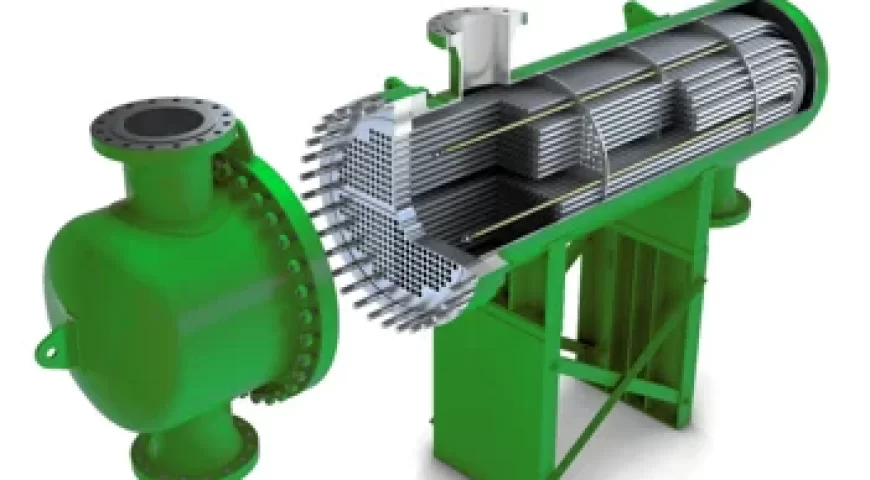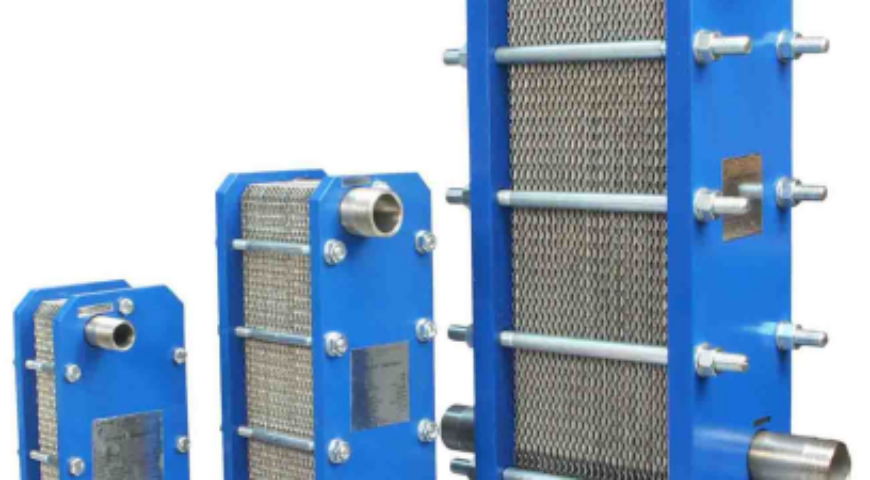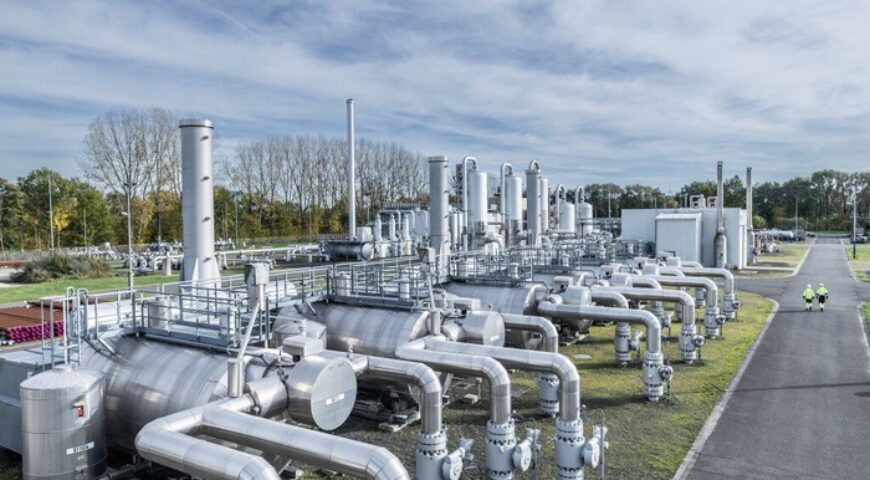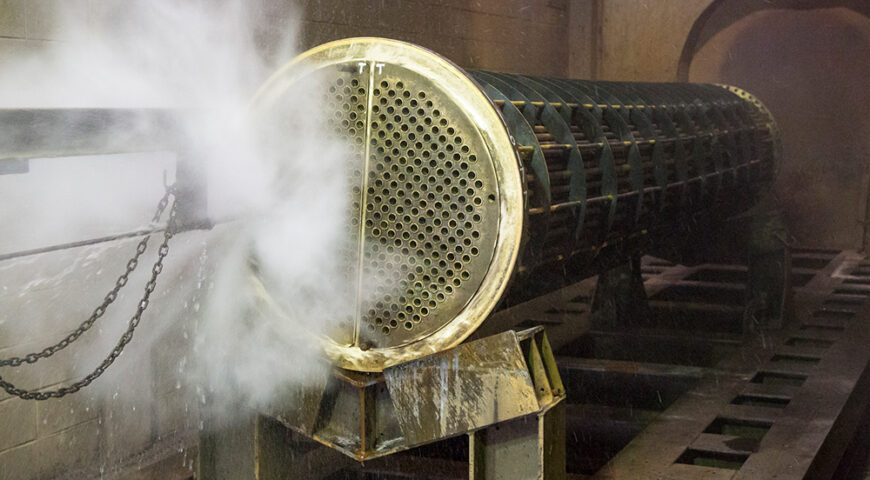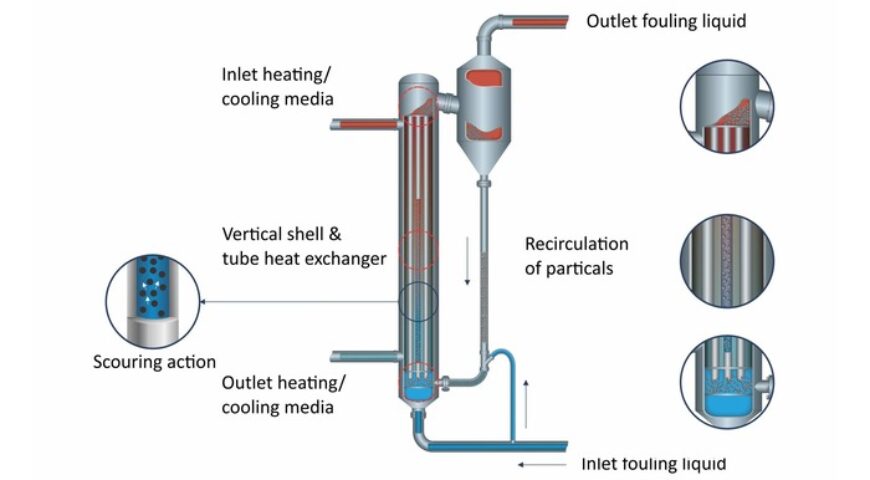Introduction Sea Water Heat Exchanger is a specialized type of heat exchanger designed to use seawater as a cooling medium to remove heat from various industrial processes and equipment. These heat exchangers are widely used in marine vessels, offshore platforms, power plants, and industrial facilities where seawater is readily available. Due to the corrosive nature […]
- Home
- About Us
- Heat Exchangers
- Cooling Towers
- Fanless Cooling Tower
- Bottle Shape Cooling Tower
- Square Shape Cooling Towers
- FRP Multi Cell Cooling Towers
- Pultruded FRP Cooling Towers
- Single Crossflow Cooling Towers
- Double Crossflow Cooling Tower
- Dry Cooling Towers
- Wooden Cooling Tower
- Closed Circuit Cooling Tower
- Turbine Cooling Tower
- Forced Draft Cooling Towers
- Closed Circuit Hybrid Cooling Tower
- Contact us
91 6379 00 3383

